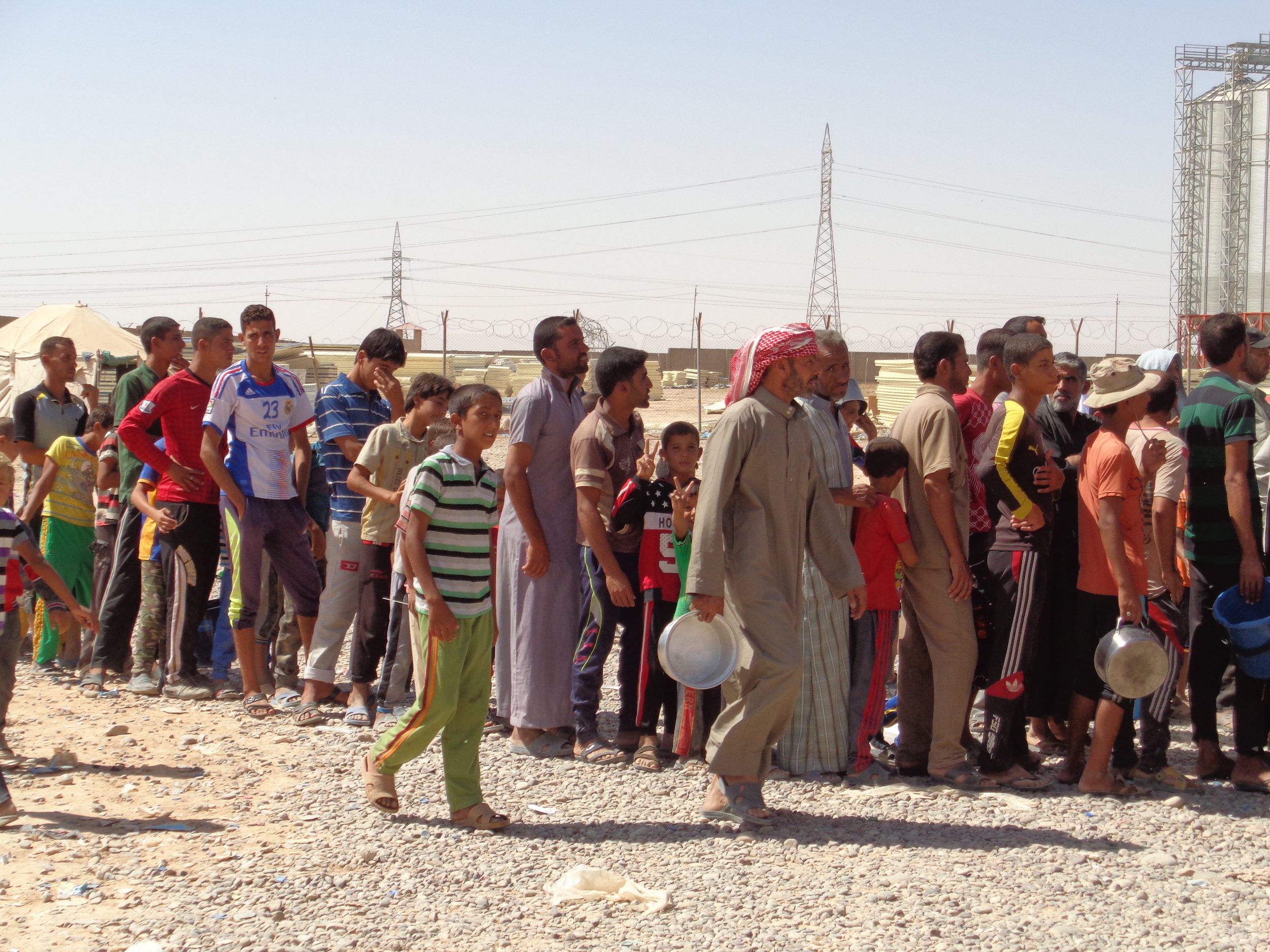Internal Displacement in Iraq: More than Just Mosul

The second half of 2016 has seen some changes in the humanitarian response to the 3.3 million internally displaced persons (IDPs) in Iraq, particularly in the central governorates. With Ramadi and Fallujah liberated in the past year, fewer towns remained under siege, more people were able to leave dangerous areas, and a limited number of the displaced are even returning home.
However, the situation in general for IDPs remains extremely worrisome. There are still only a handful of large international aid agencies with consistent operations in central Iraq: local groups continue to provide the most regular response in hard-to-reach areas, but their capacity is limited. The latter also holds true for the insecure areas around Mosul, where an Iraqi Security Force (ISF)-led assault on the city proper recently began. The need to prepare for major humanitarian needs prompted by that military activity has drawn much attention and many resources toward Ninewa governorate, but the ongoing displacement in the rest of the country – including returns to areas perceived to be safe – must not be forgotten.


There is no doubt that the humanitarian situation in Iraq is going to get worse before it gets better… This means there will almost certainly be many more IDPs in Iraq by the end of the year.
Part of the urgency of the displacement crisis is the need to continue assisting the 3.3 million people already displaced in Iraq, who are often hard to reach but in desperate need.
Recommendations
- The government of Iraq should improve its humanitarian coordination with both international and local aid groups, and facilitate the work of international groups seeking to register and operate in Iraq outside the Kurdistan Region of Iraq (KRI) through expedited registrations and visas.
- The government of Iraq should have an accessible, consistent, and transparent process for requesting and granting travel permission for deliveries of essential humanitarian supplies and services.
- The UN’s Humanitarian Pooled Fund for Iraq should seek procedural changes that create wider outreach to local Iraqi groups and more possibilities for independent Iraqi groups to apply for and receive funding independently.
- The UN Office for the Coordination of Humanitarian Affairs (OCHA) should establish a civil-military coordination group in Iraq to convene interested parties. The Working Group should include government officials from both Baghdad and Erbil, and should do outreach to international and local aid groups.
- Donors should prioritize supporting the work of organizations helping IDPs get official documentation, both to increase current legal protection and to avoid protection issues during and after return.
- OCHA and humanitarian partners should ensure that the 2017 Iraq Humanitarian Response Plan accounts for prolonged displacement of new IDPs from Mosul as well as other all other vulnerable IDP populations in Iraq.
Daryl Grisgraber and Michael Boyce visited central and northern Iraq in September and October 2016.